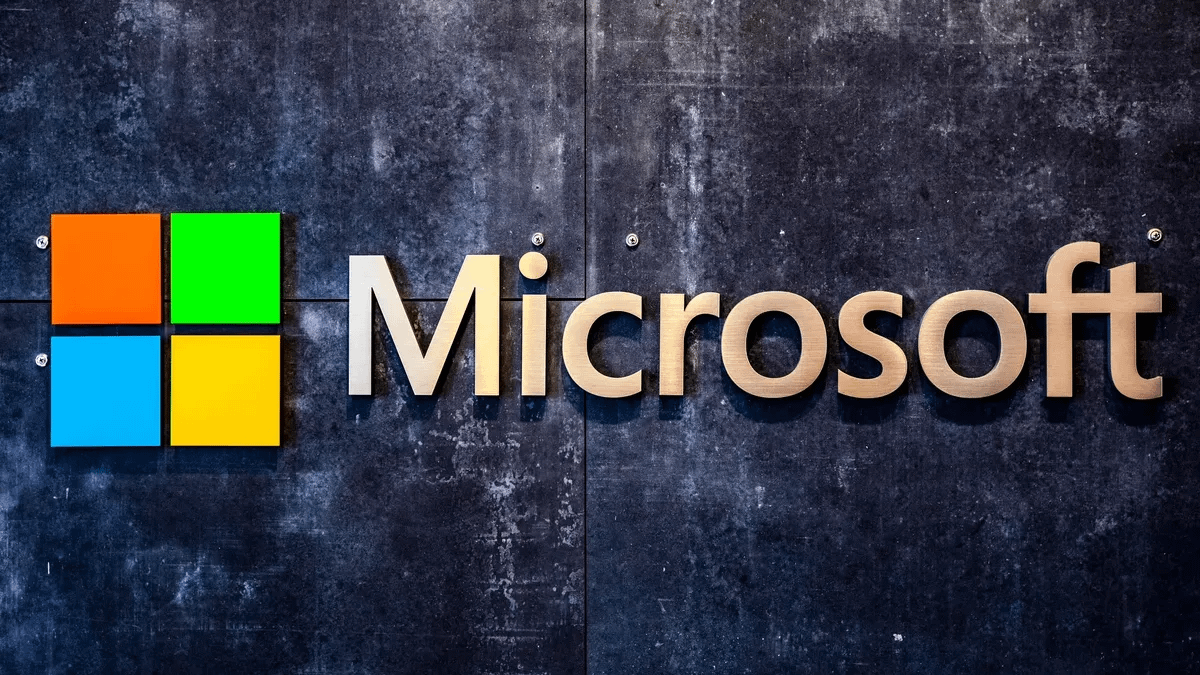The German state of Schleswig-Holstein just made a big move — it’s saying goodbye to Microsoft software across government offices.
That means no more Microsoft Word, Teams, or Windows. Instead, the state is switching to Linux and other open-source tools. Around 30,000 government employees — including civil servants, police, and judges — will soon be using alternatives like LibreOffice and Thunderbird for their daily work.
And this shift is set to happen in just a few months.
Why Are They Doing This?
So, what pushed them to ditch Microsoft?
According to the state’s Digitalisation Minister Dirk Schrödter, the decision is all about control and security. He said the state can’t rely on software from big foreign companies anymore — especially when it comes to handling sensitive data.
“We have a duty to protect citizen data,” Schrödter explained. “We need full control over our tech.”
He also mentioned that recent world events — like the war in Ukraine — reminded them just how dependent countries have become on other nations for things like energy and now, digital systems.
This isn’t a sudden change, either. Back in April 2024, the state had already announced its plan to move away from proprietary software. Now, they’re moving forward.
What’s Replacing Microsoft?
The state is rolling out the switch in stages. Here’s what that looks like:
- LibreOffice will replace Microsoft Word and Excel
- Thunderbird will take over from Outlook and Exchange
- Open-Xchange will be used for email and collaboration
- Microsoft’s cloud services (like Azure) will be replaced with European cloud providers
- And instead of Windows, users will be working on Linux, using the KDE Plasma desktop
They haven’t said exactly which version of Linux they’ll use, but options like Kubuntu or openSUSE Leap are on the table. Nextcloud is also in the mix to replace tools like OneDrive and SharePoint.
What About the Costs?

One of the biggest upsides to this move? Money saved.
Licensing Microsoft software isn’t cheap — especially when you’re talking about tens of thousands of users. On top of that, Microsoft’s regular updates (like going from Windows 10 to 11) can bring unexpected costs.
By switching to open-source tools, Schleswig-Holstein expects to save millions of euros.
Not the Only One
Schleswig-Holstein isn’t alone in this. Other parts of Europe are doing something similar:
- Denmark is also leaving Microsoft and switching to Linux and LibreOffice
- France’s national police, the Gendarmerie, has already moved 97% of its computers to a custom Linux version called GendBuntu
Even Munich, which tried switching to Linux back in 2004 but later returned to Microsoft, still uses some open-source tools like LibreOffice today.
So while not every past attempt has been smooth, many governments are proving that the switch can work if done carefully.
What’s This Really About?
Yes, saving money is nice. But this change is really about trust and independence.
European governments are starting to worry about handing over too much control to big American tech companies. With open-source tools, they can see exactly how the software works, keep data inside their borders, and adapt things to their needs.
It’s not just a tech issue — it’s also a political one. Who controls your data? Who gets access to your systems? These questions matter more than ever.
What Happens Next?
The migration is already underway. Office tools like Word and Excel are being replaced first. Email and collaboration platforms will follow.
If all goes well, Schleswig-Holstein could be a model for other governments looking for more control over their digital infrastructure. It’s a big shift — and one that could have ripple effects across Europe.
Key Takeaways
- Germany’s Schleswig-Holstein is removing Microsoft software from government systems.
- Linux, LibreOffice, and Thunderbird will replace Windows, Word, and Outlook.
- The goal is to boost data security, reduce foreign dependence, and save money.
- Other countries like Denmark and France are making similar moves.
- It’s about control, transparency, and long-term digital independence.
More governments may soon follow. The age of one-size-fits-all software from overseas tech giants might be coming to an end — at least in Europe.
